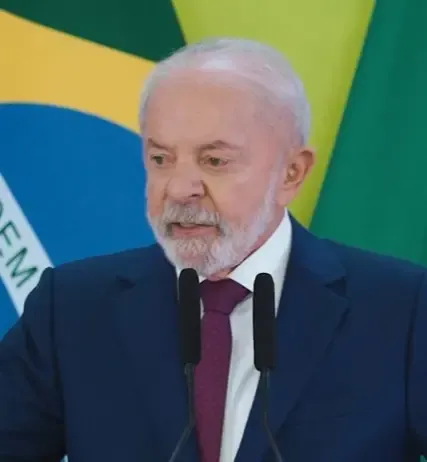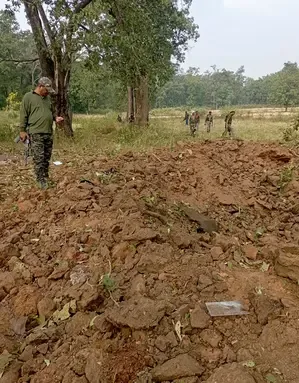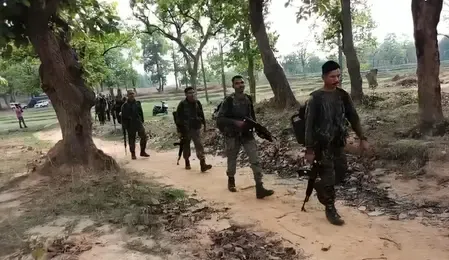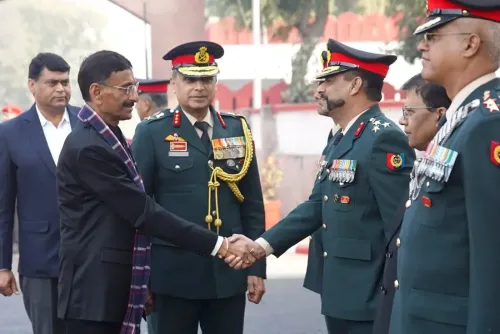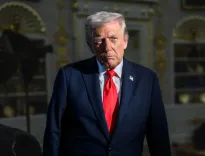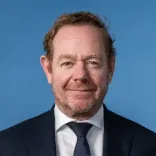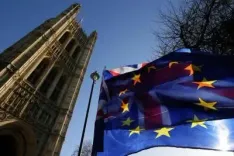Trump Expresses Frustration with Putin, Considers New Tariffs on Russian Oil
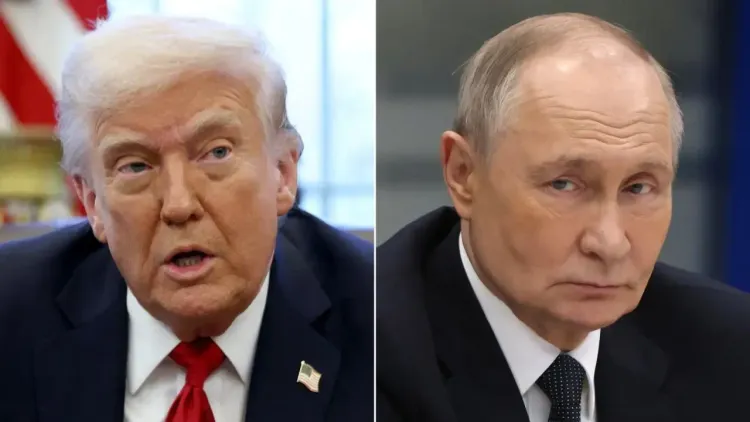
Synopsis
Key Takeaways
- Trump is frustrated with Putin's actions regarding Ukraine.
- He may impose tariffs on Russian oil if negotiations fail.
- Putin's comments on Ukraine's leadership angered Trump.
- Trump plans to discuss matters with Putin this week.
- Secondary tariffs could impact nations importing Russian oil.
Washington, March 31 (NationPress) US President Donald Trump has expressed that he is extremely frustrated with Russia's President Vladimir Putin, stating in a phone interview with NBC News last week that he may impose additional tariffs on Russian oil should Putin fail to engage constructively in ongoing talks to conclude the conflict in Ukraine.
During the interview with Meet the Press host Kristen Welker, Trump remarked, “I was very angry — pissed off — when Putin started questioning Zelensky's credibility, because that's not going in the right direction, you understand?” This statement was reported by CNN.
Trump criticized Putin for suggesting that Ukraine needs new leadership, saying, “But new leadership means you're not gonna have a deal for a long time, right?”
He cautioned that a failure to reach an agreement could lead to secondary tariffs, as noted by CNN.
Trump asserted, “If Russia and I are unable to make a deal on stopping the bloodshed in Ukraine, and if I believe it was Russia's fault — which it might not be — but if I think it was Russia's fault, I am going to impose secondary tariffs on oil, on all oil coming out of Russia.”
When asked if he would converse with Putin that week if the Russian leader behaves appropriately, Trump replied, “Yeah.”
He further indicated to Welker that Putin is aware of his anger.
Trump noted that a 25 percent tariff could be implemented at any moment and mentioned his intention to communicate with Putin this week.
On Thursday, Putin suggested that a temporary administration under UN supervision should be established in Ukraine, a suggestion that was quickly dismissed by UN Secretary-General Antonio Guterres.
Russian officials have persistently undermined Zelensky's legitimacy as President, pointing out the absence of elections since his term expired.
No elections have been scheduled in Ukraine due to the constitution's stipulation that elections cannot occur under martial law, which has been in place since the onset of Russia's full-scale invasion three years ago.
Moscow did not immediately respond to Trump's remarks. Russia has labeled numerous Western sanctions and restrictions as “illegal” and intended for the West to gain economic advantages in its rivalry with Russia.
Trump's recent comments followed a day of discussions and golf with Finnish President Alexander Stubb on Saturday.
Stubb's office reported that he informed Trump that a deadline should be established for a Russia-Ukraine ceasefire to facilitate progress, proposing April 20 as a date since Trump would have been in office for three months then.
US officials have been separately urging Kyiv to agree to a critical minerals arrangement, which suggested that the US was demanding all of Ukraine's natural resource income for years.
Zelensky mentioned that Kyiv's legal team needed to evaluate the draft before he could provide further insights on the proposal.
Last week, Trump enacted what he termed a 25 percent secondary tariff on US imports from any nation purchasing oil or gas from Venezuela.
His comments on Sunday indicate he might take similar measures against US imports from countries acquiring oil from Russia, which could significantly impact China and India.
Trump's harsh criticism sharply contrasts his past statements regarding Ukrainian President Volodymyr Zelensky and his calls for elections in the war-affected nation.


